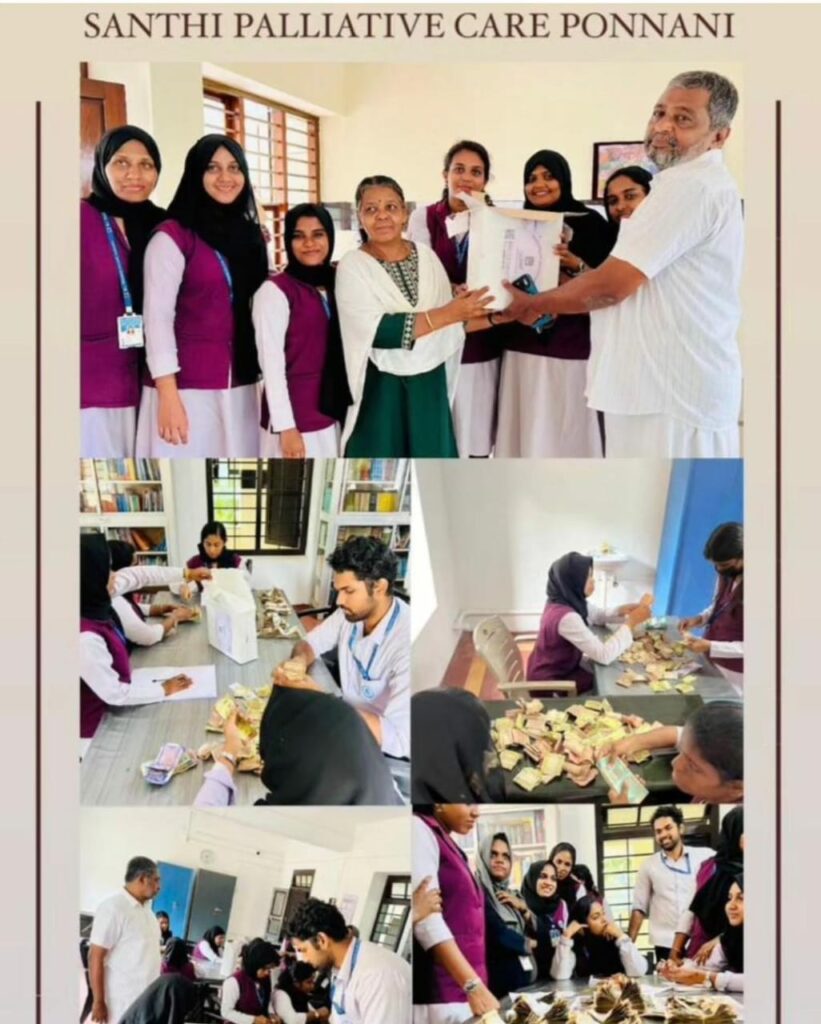Report on Palliative Program at MI Training College on 9/1/2024
Date: January 9, 2024
Venue: MI Training College, [Location]
Introduction: MI Training College organized a Palliative Program on January 9, 2024, aimed at raising awareness about palliative care and its importance in providing support and comfort to individuals with life-limiting illnesses. The event sought to educate students, faculty, and staff about the principles of palliative care and the role they can play in enhancing the quality of life for patients and their families.
Objectives:
- To raise awareness about the importance of palliative care in healthcare settings.
- To provide students with training and practical experience in palliative care practices.
- To engage with the community and contribute to palliative care initiatives through outreach and support.
Methodology: The palliative care programmes at our training college were developed and implemented in collaboration with healthcare professionals, palliative care experts, and community organizations. The programmes incorporated a combination of theoretical education, practical training, experiential learning, and community engagement activities.
Event Highlights:
Expert Talks: The program began with informative sessions by healthcare professionals and experts in the field of palliative care. They provided insights into the principles, philosophy, and practices of palliative care, emphasizing the holistic approach to addressing the physical, emotional, and spiritual needs of patients.
Case Studies and Discussions: Participants engaged in interactive discussions and case studies that highlighted real-life scenarios in palliative care settings. These sessions encouraged critical thinking and provided practical knowledge on addressing the complex challenges faced by patients and caregivers.
Role of Volunteers: The program emphasized the significant role that volunteers can play in palliative care settings. Students were encouraged to volunteer their time and skills to support patients and families facing life-limiting illnesses, fostering empathy, compassion, and a sense of social responsibility.
Communication Skills Workshop: A workshop on effective communication skills in palliative care was conducted, focusing on empathetic listening, compassionate communication, and delivering difficult news with sensitivity. Participants learned how to communicate effectively with patients and families, providing comfort and support during challenging times.
Community Engagement: The program highlighted the importance of community engagement in palliative care initiatives. Participants were encouraged to actively participate in community outreach programs, raise awareness about palliative care, and advocate for better access to palliative services in their communities.
Conclusion: The Palliative Program at MI Training College served as a valuable platform for raising awareness, fostering empathy, and promoting active engagement in palliative care initiatives. By equipping students, faculty, and staff with knowledge, skills, and a deeper understanding of palliative care principles, the program aimed to inspire compassionate caregiving and support for individuals and families facing life-limiting illnesses. Through education, advocacy, and community engagement, the college community reaffirmed its commitment to promoting dignity, comfort, and quality of life for all individuals, particularly those in need of palliative care services.

![]()